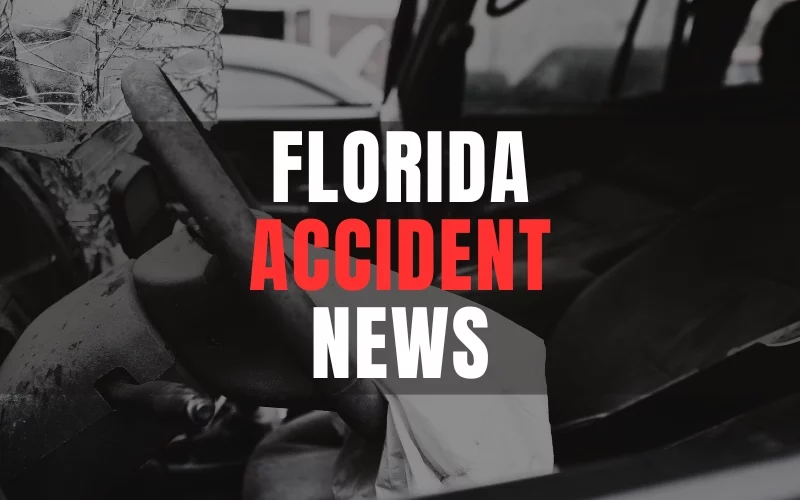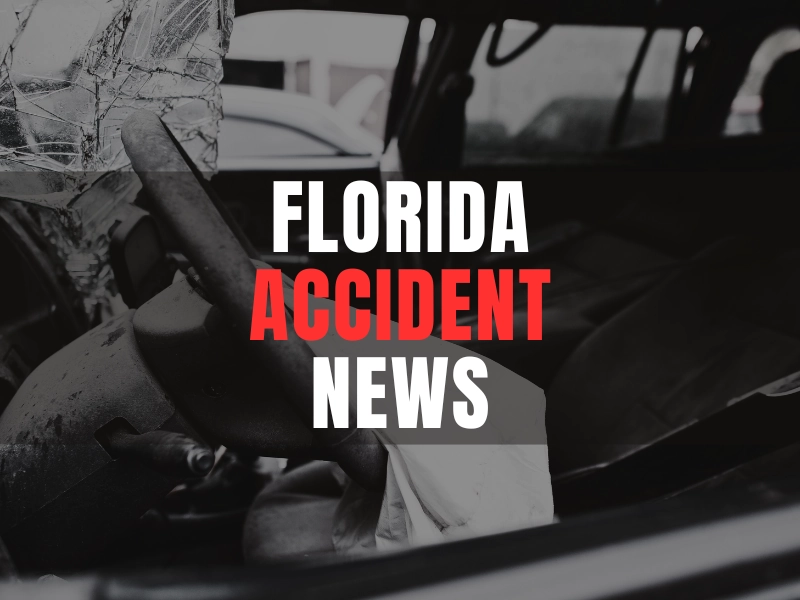Miami, FL — Coconut Grove Sailing Club Faces Negligence Claims After Camp Accident Leaves Girl Permanently Injured
24Oct
Miami, FL (October 21st, 2025) – A South Florida family has initiated legal action against the Coconut Grove Sailing Club following a tragic summer camp incident that left their 11-year-old daughter with severe, life-altering injuries. The $10 million negligence lawsuit alleges inadequate supervision by camp staff, which resulted in the child getting struck by a boat propeller.

If your child was seriously injured due to negligent supervision or unsafe conditions at a Florida camp or recreational facility, you may have grounds to pursue a claim for damages. Contact our personal injury lawyers at Light & Wyatt Law Group today at 727-499-9900. We can review your situation and help you understand your legal options.
Table of Contents
The Incident: What Happened During Summer Camp
During a July 2025 summer camp session at the Miami-area sailing facility, an 11-year-old participant suffered catastrophic injuries while engaged in water activities. Legal documents allege that a 21-year-old camp staff member failed to maintain adequate awareness of participants in the water before operating a motorized vessel.
The Severity of the Injuries
The young victim suffered extensive trauma to her lower extremity, with injuries approaching amputation-level severity. According to the legal complaint, the child’s right leg sustained permanent damage affecting both function and appearance. The family’s legal representative characterized the wounds as extraordinarily severe, emphasizing that the physical harm was compounded by significant psychological trauma.
Medical consequences for the child extended far beyond immediate treatment. The permanent nature of her injuries will likely mean ongoing medical interventions, rehabilitative services, and lifetime adaptations to accommodate reduced mobility and functionality.
Sailing Club’s Response
Representatives from the Coconut Grove facility have not provided public statements regarding the personal injury lawsuit or the circumstances surrounding the incident. This lack of transparency has left numerous questions unanswered about operational procedures, staff training protocols, and safety measures that were active during the time of the accident.
Understanding Negligence Claims in Youth Camp Accidents
When families enroll children in recreational programs, they rely on these organizations to maintain rigorous safety standards. Florida’s legal framework establishes that youth-serving facilities bear substantial responsibility for protecting minors from preventable harm, particularly when activities involve elevated risk factors such as watercraft operation.
The Four Elements of Negligence
Establishing liability in youth camp injury cases requires demonstrating four foundational components:
Duty of Care
Recreational facilities serving minors owe a duty of care. To this end, they must maintain heightened vigilance and implement appropriate safeguards based on participants’ ages and activity risks.
Breach of Duty
A failure to meet the established standards through inadequate supervision, improper procedures, or insufficient safety measures may constitute a breach of recreational facilities’ owed duty of care. For example, in the Coconut Grove Sailing Club incident, the staff counselor’s failure to maintain an accurate count and awareness of his supervised children’s whereabouts reportedly preceded the tragic event where a young camper’s leg was struck by the vessel’s propeller.
Causation
A direct causation between the safety failure and the resulting harm must exist. In the Miami summer club accident, the counselor’s alleged breach of the duty of care (losing track of the child’s location) may be used to establish both the cause-in-fact (but-for the lack of supervision, the propeller injury wouldn’t have occurred) and the proximate cause (the injury was a foreseeable outcome), thus attempting to satisfy the causation requirement for a negligence claim.
Damages
Through a negligence lawsuit, accident victims can seek damages for the quantifiable harm suffered as a direct result of the negligent act. Such harm encompasses documented physical injuries (e.g., the propeller wound requiring extensive medical treatment), resulting emotional and psychological trauma affecting quality of life, and related financial losses (e.g., current and future medical bills, and diminished earning capacity).
Who Can Be Held Legally Liable?
The legal action targets both the recreational facility and the individual staff members, reflecting Florida’s comprehensive approach to institutional accountability when children suffer preventable injuries.
Vicarious Liability: When Employers Are Responsible
Florida law recognizes that organizations bear responsibility for employee actions performed during work duties. Even when organizational leadership had no direct involvement in an accident, the facility may face liability for staff failures in supervision, judgment, or execution of assigned responsibilities.
Direct Negligence by the Facility
Beyond employee actions, recreational organizations face potential liability for their own failures in establishing appropriate systems. Facilities may be directly liable for:
- Implementing inadequate supervision frameworks
- Providing insufficient staff preparation for handling youth participants
- Failing to maintain appropriate equipment or safety gear
- Establishing unsuitable staff-to-participant ratios
- Neglecting regular safety audits and equipment inspections
Negligent Hiring, Training, and Supervision
Florida recognizes claims based on organizational failures in personnel management. If evidence demonstrates inadequate staff vetting, insufficient training programs, or failure to enforce safety protocols, facilities may face expanded liability exposure beyond simple employment relationships.
What Compensation Is Available in These Cases?
The family seeks $10 million in damages, reflecting the permanent and comprehensive impact on a child who will navigate these injuries throughout her entire life. Florida law permits recovery across multiple categories when recreational facilities fail in their duty to protect young participants.
Economic Damages: Measurable Financial Losses
Concrete financial impacts include:
- Immediate emergency treatment and hospitalization
- Ongoing surgical interventions and medical monitoring
- Extended physical rehabilitation and adaptive therapy
- Mental health counseling for trauma processing
- Future earning capacity diminishment
- Assistive technology, mobility equipment, and home and vehicle modifications for accessibility
When injuries occur during childhood, economic projections must account for decades of anticipated expenses, often reaching substantial totals as costs compound over a lifetime.
Non-Economic Damages: The Intangible Harm
Beyond financial calculations, state law recognizes compensation for:
- Ongoing physical discomfort and pain
- Emotional distress and anxiety
- Reduced ability to participate in recreational activities
- Permanent scarring and altered appearance
- Developmental impact during critical growth years
Childhood injuries carry unique considerations because they affect formative years and shape lifetime trajectories in ways that adult injuries may not. Courts acknowledge that injuries sustained at age 11 will influence educational experiences, social development, career opportunities, and relationship formation throughout the victim’s entire adult life.
Seeking Justice After a Florida Camp Injury
Accidents at youth camps and recreational facilities often trace back to preventable safety failures. When children are harmed because an organization failed to follow proper supervision or training standards, families have the right to seek accountability and compensation.
If your child suffered a serious injury at a Florida camp, water facility, or youth program, speak with our personal injury lawyers at Light & Wyatt Law Group. Experienced in negligence claims, our attorneys can assess the facts, determine liability, and help your family pursue the financial recovery needed for long-term care and healing. Call us today at 727-499-9900.
